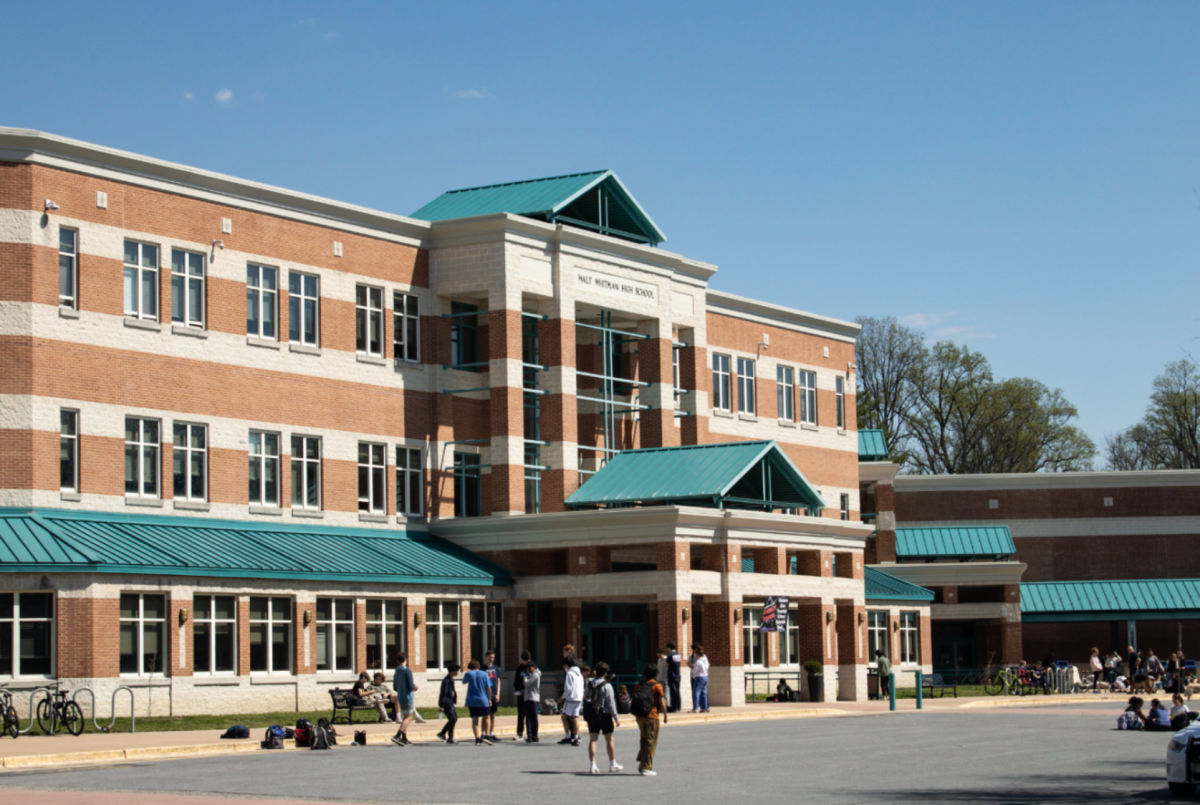Waiters and lifeguards might be able to make more from a summer job by the end of the calendar year. New legislation in Maryland could bring a gradual minimum wage increase from $7.25 to $10 over a three-year period.
State senator Rob Garagiola and state representative Aisha Braveboy co-sponsor Senate Bill 683, which would increase minimum wage to $8.25 this year, $9 in 2014 and $10 in 2015. Garagiola introduced the bill to the State Senate Jan. 31.
The National Employment Law Project (NELP), which assisted with writing the bill, predicts the change will create 4,280 jobs by circulating $492 million of new money into the economy, according to its website.
“It not only helps workers, but workers spend that money directly in the economy,” said Jen Kern, the minimum wage campaign coordinator of NELP. “That’s exactly the kind of spending we need to get the economy going.”
80 percent of Maryland voters favor adjusting minimum wage annually to keep pace with the cost of living, according to a 2010 Kiley and Company poll.
While some see only benefits to raising the minimum wage, chemistry teacher Sean Reid believes that raising the minimum wage to a living wage is unnecessary.
“Minimum wage jobs should not be jobs that you raise a family on,” he said. “They are good jobs for students to get experience, but I don’t think any person with good work habits should think about earning minimum wage for any serious duration of time.”
Proponents believe that the current minimum wage is extremely low, so the only possible outcome is economic growth, Kern said. The minimum wage has not been adjusted for inflation for the past 40 years, and would be $10.58 if adjusted, she said.
Senior James Montfort works as a lifeguard at the Montgomery Aquatic Center and supports an increase in minimum wage. Although it would be nice for lifeguards like him to get a pay raise, raising minimum wage is more important to help low-wage workers, he said.
“Minimum wage doesn’t only affect high school and college students,” he said. “The increase in minimum wage would help many people who rely on those jobs as their one and only source of income.”
Opponents of the bill say that it will hurt the economy by making it more difficult for businesses to hire workers. Reid agrees that teenagers will have a harder time finding work if the bill passes.
“If you increase the minimum wage past a certain point, an employer will wonder whether they are willing to hire a teenager with no skills or experience at a heightened living wage,” he said.
A raised minimum wage could have adverse effects on whether students are able to get working experience, he said.
“The minimum wage should be low enough that employers are willing to risk hiring someone without good work history,” Reid said. “The higher the wage goes up, the less likely employers are willing to take that kind of risk.”
Still, Kern said that many of the companies that pay minimum wage can take that risk.
“Some of the biggest employers of minimum wage workers are very profitable companies,” Kern said. “Corporations can afford an increase in minimum wage.”











